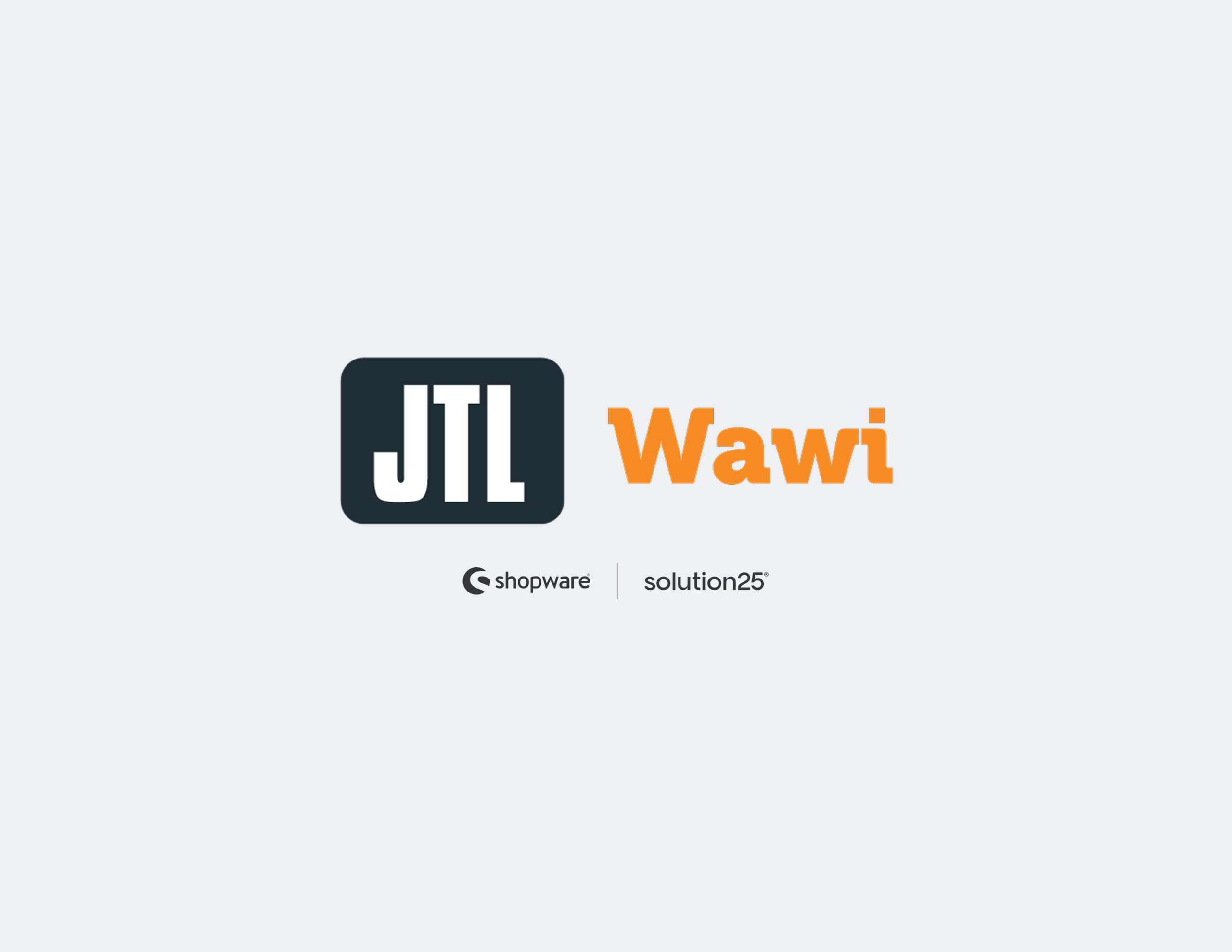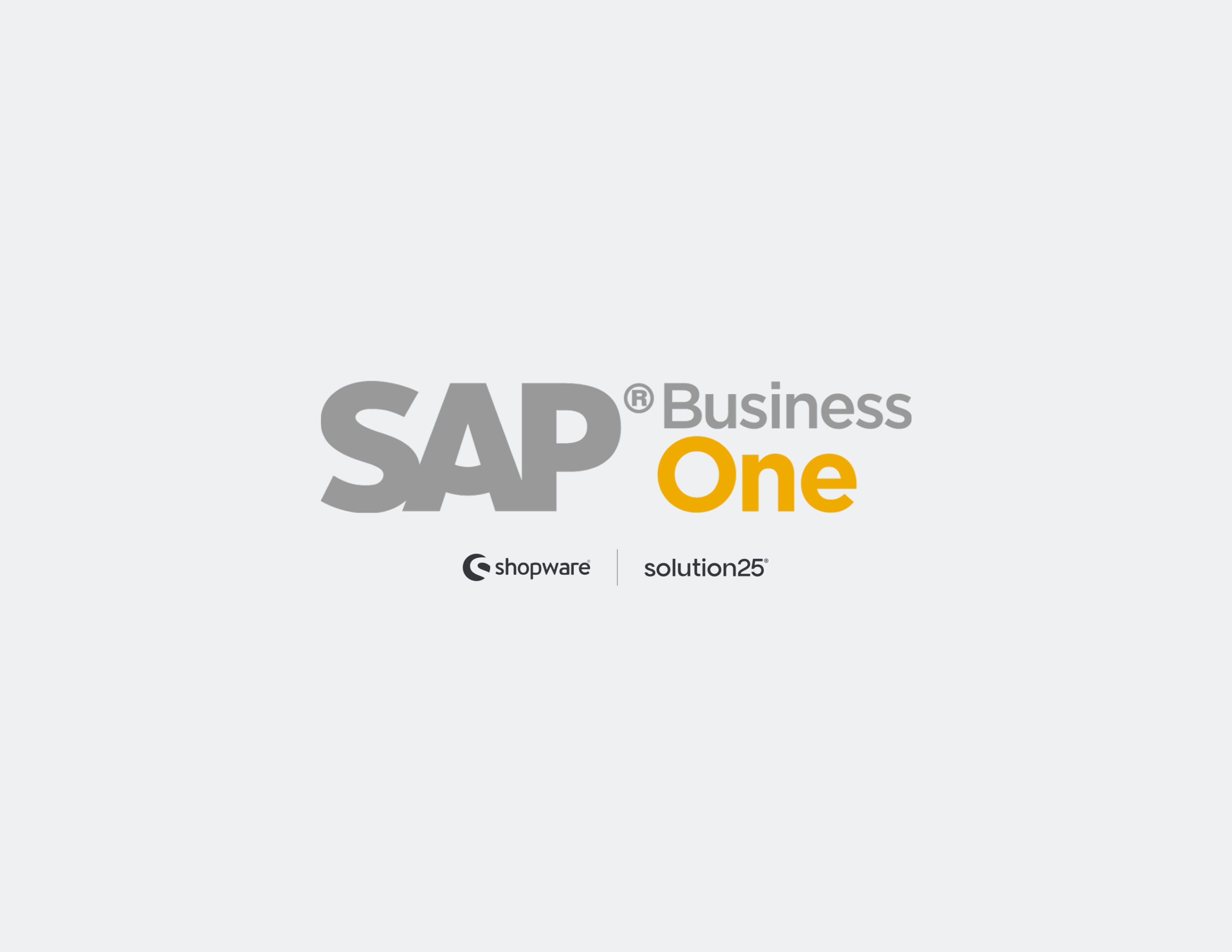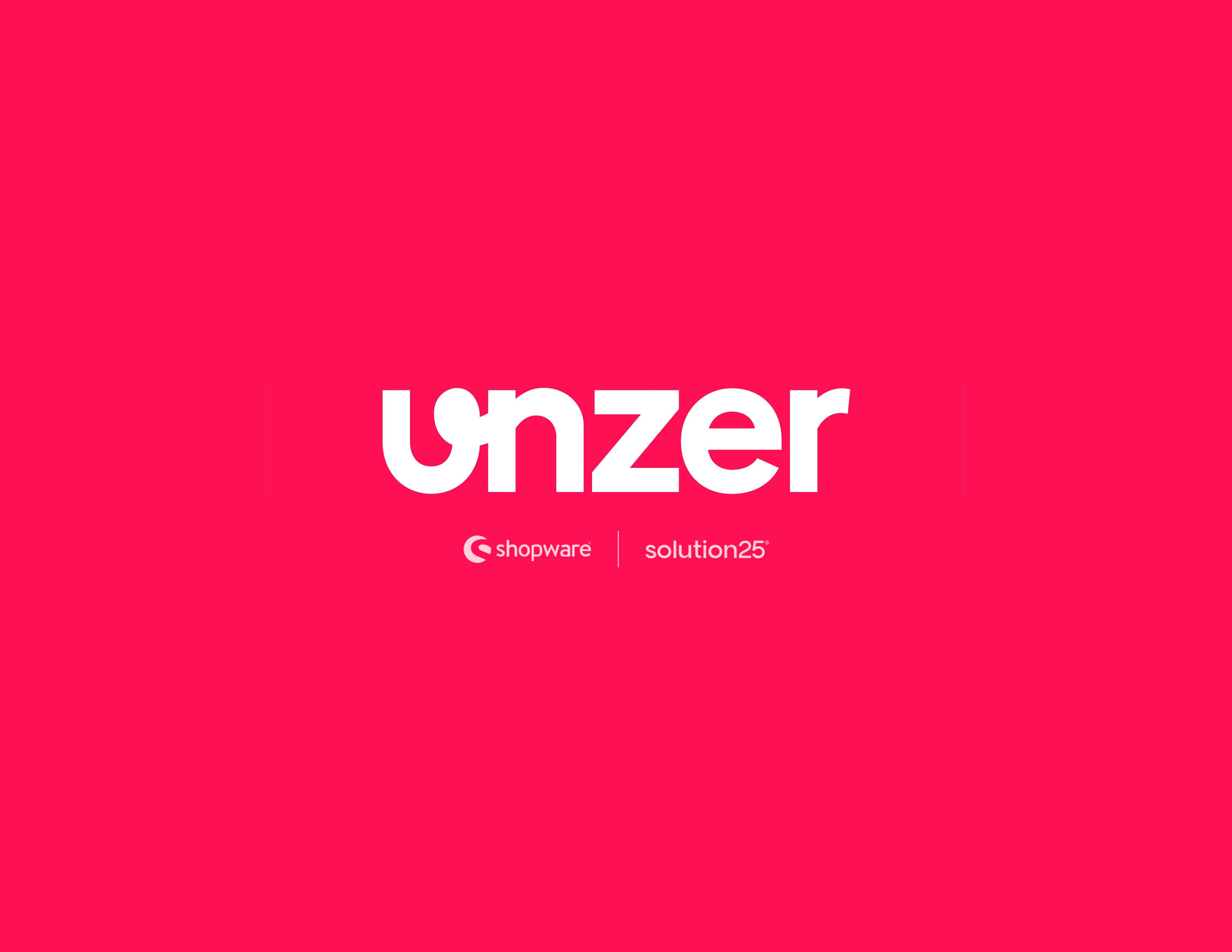What can you do with Shopware?
Thanks to PHP 7, this shop software is considered on delivering high-performance services. The so-called shopping worlds are typical of the e-commerce platform, based on marketing tools that are available from version 5. They provide storytelling, which motivates customers to buy regardless of their device. In this sense, Shopware provides all the tools you need to create your own convincing landing pages, product presentations, or marketing campaigns. The corresponding module is anchored in the backend by default. Technically savvy users can program their own templates for shopping worlds. However, there are also various templates from third-party providers that can be used in the form of plug-ins. You can also specify that individual shopping worlds are only displayed to certain customer groups. An unlimited number of products can be created in all editions of the software. Product types and product properties can be maintained intuitively. Tags are added to products, giving you the possibility to have your free text fields and filter article variants. The program also enables product reviews and cross-selling functions. Customer group-specific prices can be laid, tax rates, as well as rule-based currency prices upon the specific country. Of course, customer profiles can be created, as well as guest orders without registration. The multichannel shop software automatically generates documents such as invoices or cancellations, offering many language packs and sale channels. Functions for risk management can be integrated via Rule Builder, this way the shop operator can avoid payment defaults. The central media management works intuitively where the error pages can be displayed and configurated. Shopware’s open template base enables designs that are optimized for different end devices. Although there are professional design templates, the online shop design is completely customizable. A conversion-optimized design already exists in the standard theme. The presentation is fully responsive for all common end devices. The integrated content management system satisfies with a powerful search function. The shops and pages are set up conveniently using a drag and drop editor, in which landing pages, category pages or detail pages are created. Catalog listings can also be set and filter functions can be customized without a problem. Shopware offers services for configurable HTML, sending text emails to keep in touch with customers and newsletter subscribers. Various marketing functions are also built in as standard services. Shop owners can boost their sales with various integrated measures. This includes classics such as vouchers and discount codes, and also consigning the product to price search engines and affiliate platforms. Dynamic product catalogs can be created using flexible filter criteria (product streams). Discounts can easily be applied by time-control. In addition, important SEO functions are already integrated in the standard theme, so that Shopware users have a good chance of ranking high in the search engines. It is also helpful that Shopware is optimized for the Mobile First Index. To find out which measures are successful, the shop manager can use numerous statistics on the e-commerce platform – including the abandonment analysis, from which ideas for improvement for marketing or design measures can be developed. Furthermore, Shopware allows you to create responsive and SEO-optimized content elements using the CMS functions. On the technical side, Shopware is considered lean, modern and efficient. To ensure that the system is as secure and scalable as possible, Shopware is open-source and available on GitHub. In this way, programmers can independently make suggestions for improvement or develop plug-ins. The software uses Symfony Fullstack and is SSL-capable. Several caching layers are implemented such as HTTP, entities, search indexing. There are also data protection measures such as a cookie consent tool. Bootstrap, Twig, and jQuery are implemented as front-end technologies. The additional frameworks, such as B. jQuery, AngularJS or Ember.js are at your disposal. The shop system has Composer integration and has integrated Elasticsearch. In version 6, the modern API First method is followed, so that all processes can be operated via APIs. If you want to install updates on cluster systems, Blue-Green Deployment comes into play. As for simple changes from another platform to Shopware, a migration assistant is available as a free plug-in. If you want to learn more about e-commerce development platforms or apps, make sure to read our Shopify lexicon as well. Our dedicated outsourcing team can be your partner in e-commerce.



